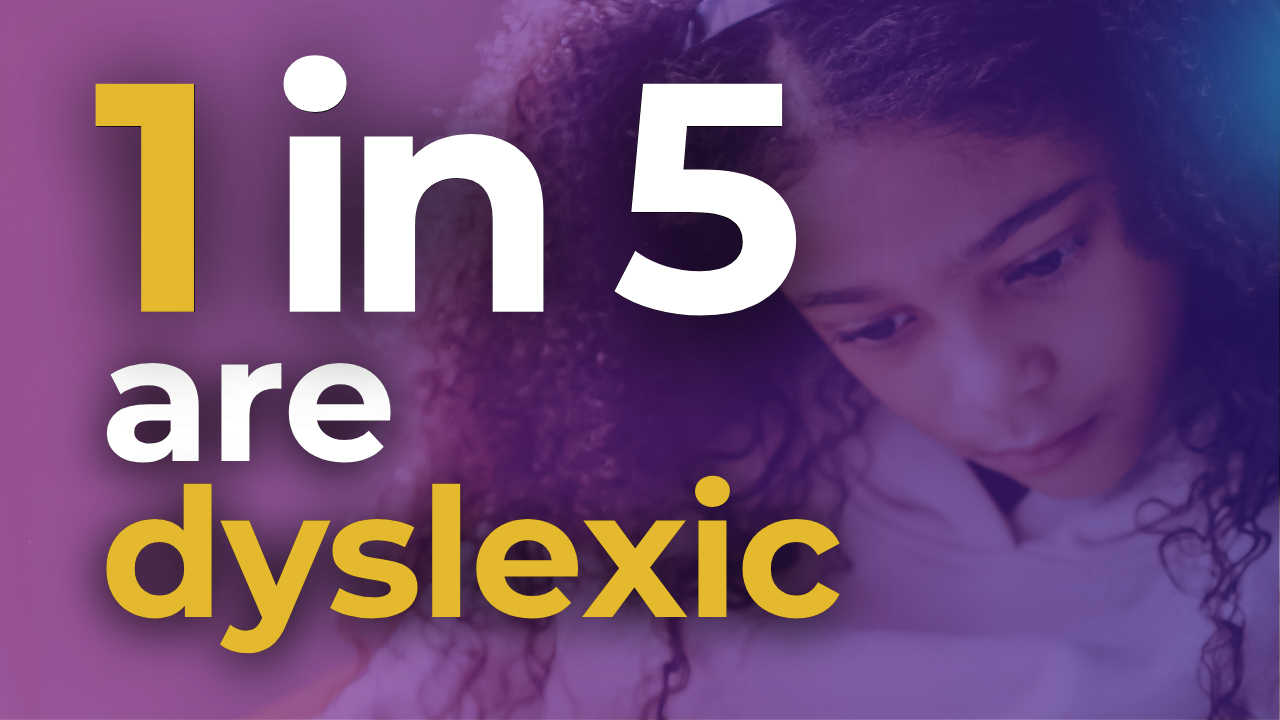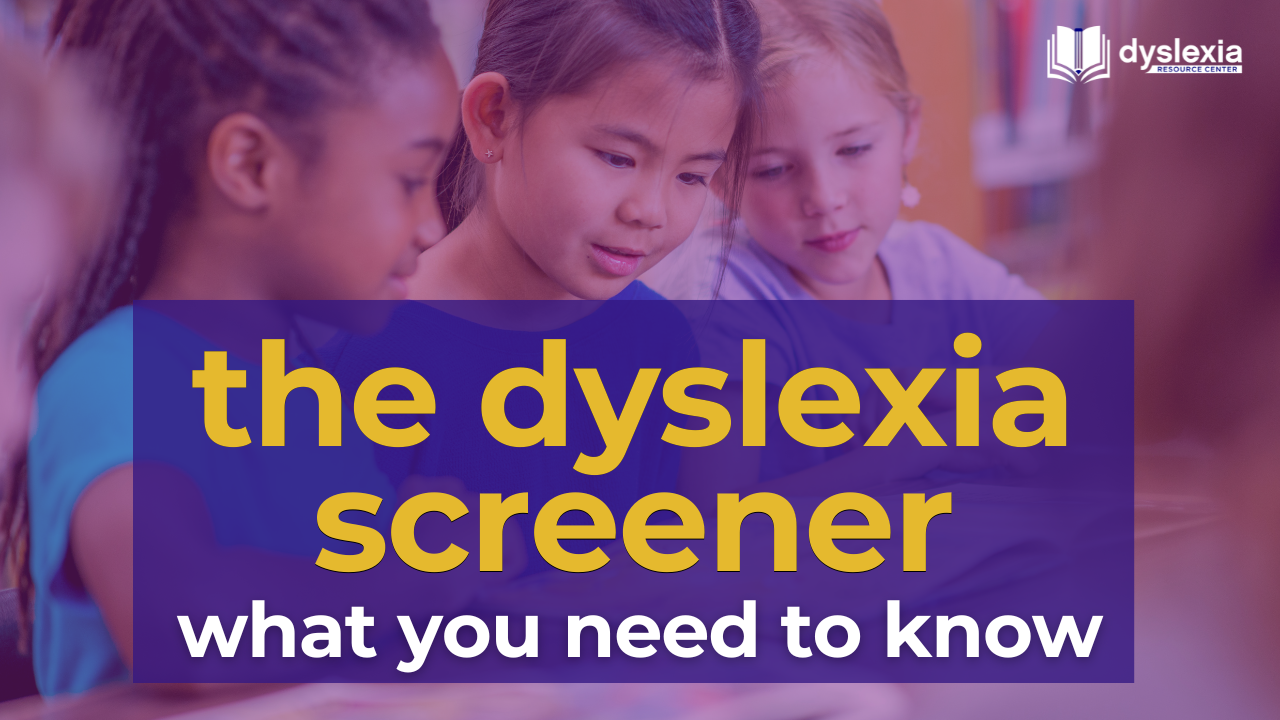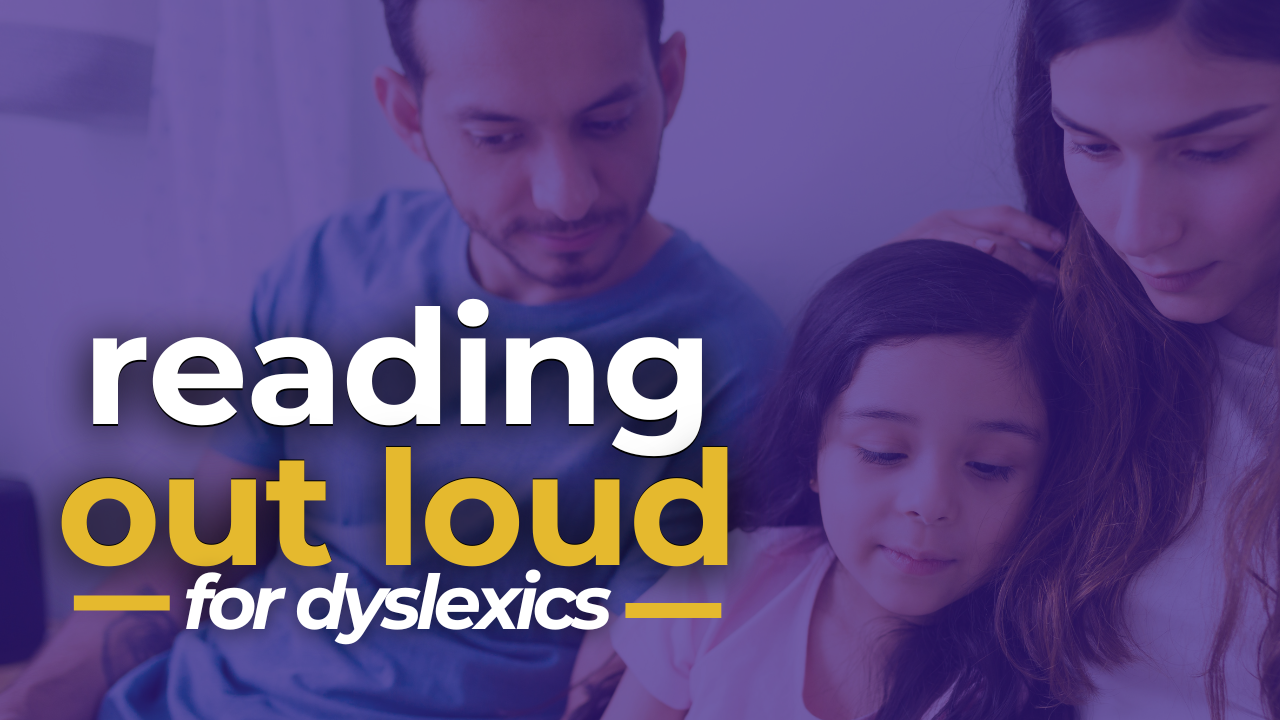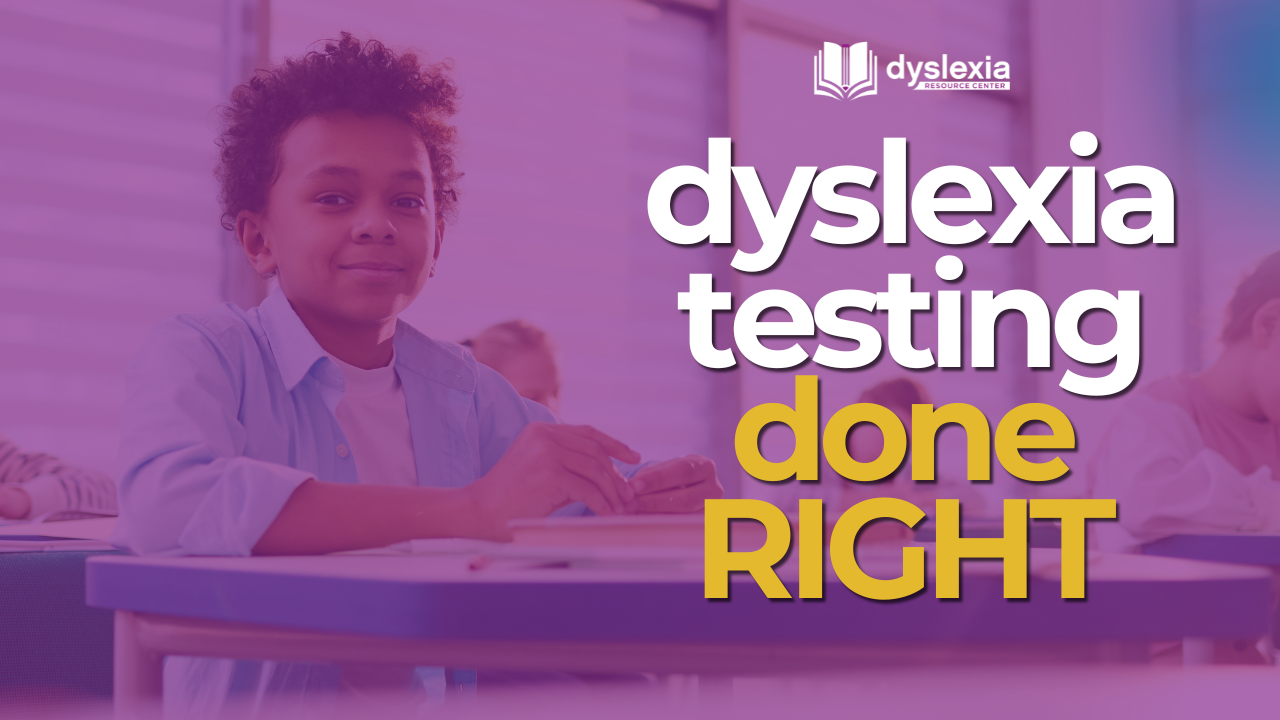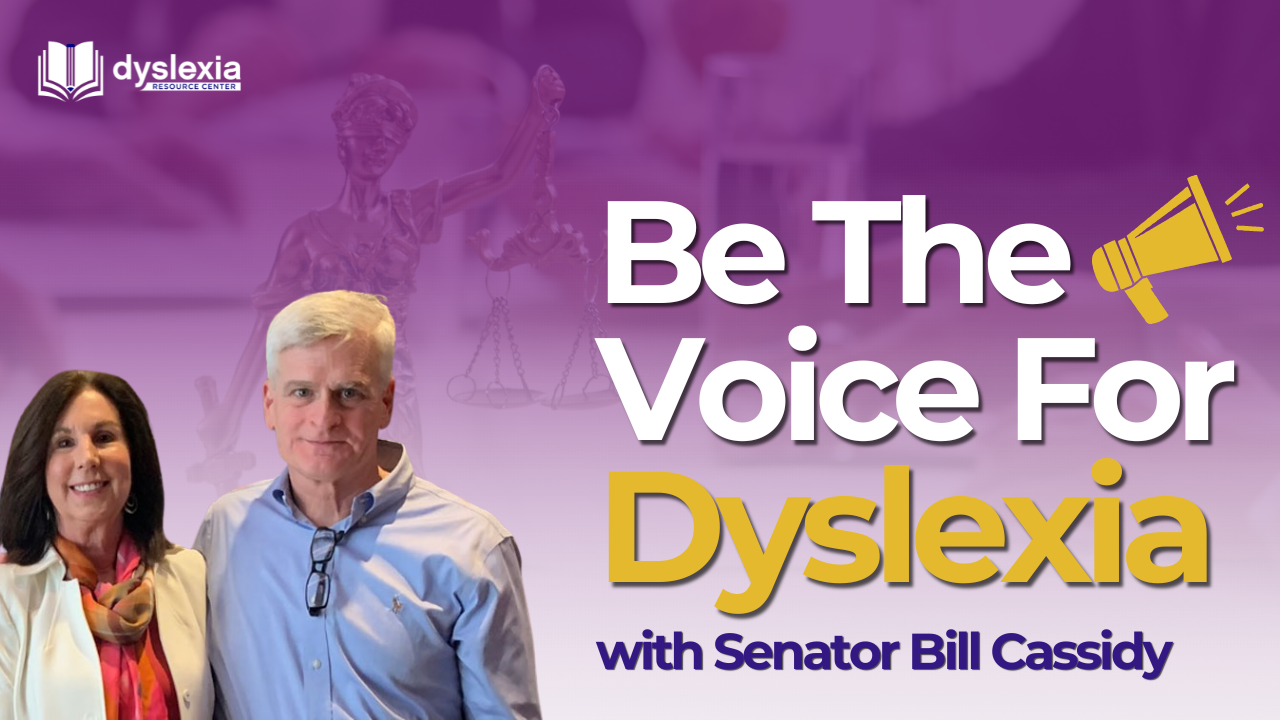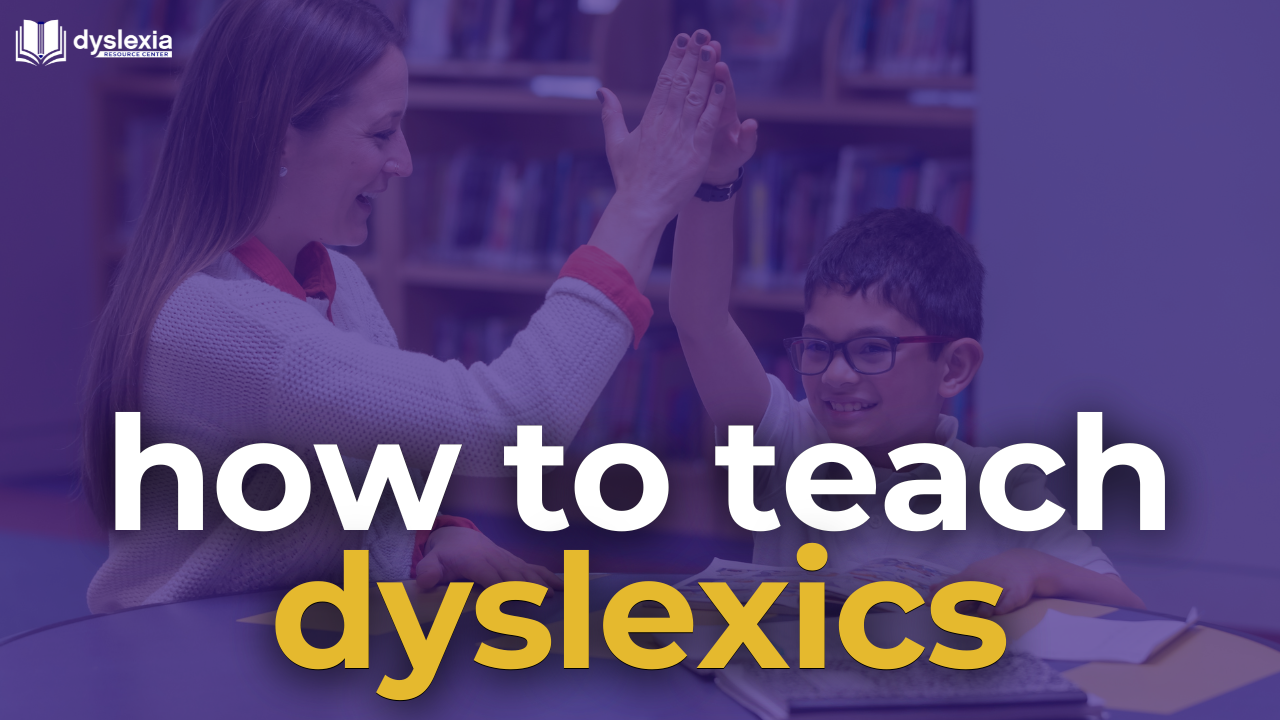How To Advocate For Your Dyslexic Child

How To Advocate For Your Dyslexic Child
Do you have a struggling student that you suspect has dyslexia?
Struggling students in the classroom (reading and or math) are referred to RTI (Response to Intervention). There is variability amongst the tiers in schools as to what is appropriate practice in each tier. The interventions and the instruction is research based which means they are based on theory and not evidence.
Tier 1 is additional resources in the classroom or in a pull out for usually no longer than 8 weeks. For those not showing “improvement”, Tier 2 would pull the child out for instruction in a small group to “catch the child up” on the general classroom lessons. This, again, is for probably no longer than 8 weeks. Tier 3 is individual instruction that would vary from location to location. It is important to know that most dyslexic children in any of the tiers do not have a diagnosis and therefore are not getting instruction specific for the dyslexic child. If the child does not make progress in Tier 3 they are referred for an evaluation to consider Special Education. A parent may ask for an evaluation at ANY time.
The above model does not help a dyslexic child.
Universal screening for dyslexia (Shaywitz Dyslexia Screener) is needed in K and First grade. We know the deficit is present in first grade and does not go away. (Jpeds, Nov, 2015). If your child is at risk of dyslexia, additional testing and an evaluation should be done immediately to make a clinical diagnosis of dyslexia (see blog 5). It should NOT be made on the discrepancy model but on a preponderance of data (see this web site).
Once the diagnosis of dyslexia is made, the child should receive an evidence based instruction, specific to dyslexia. This instruction is not for 8 weeks or 8 hours (see Louisiana Key Academy website).
Teaching these children is difficult but it becomes more difficult as they age so early diagnosis is crucial. The teacher must have a depth of knowledge and training so that they understand the implications of dyslexia in reading, writing, spelling, speaking and math. Dyslexia does not go away. It is for life. If a child does not learn to read in the early years they are less likely to graduate high school and/or college and are at risk of decreased wages and a possible life of crime. (JTXMed,Drs Moody et al)
Accommodations are necessary, such as longer test taking time, but accommodations without serious instruction will not teach a dyslexic child how to read fluently.
Progress monitoring must be valid and include connected text fluency. Teaching children a few sight words to pass a single test is not an honest assessment of their reading ability. Also, a child may read a paragraph but not be fluent enough to read all the grade level material. One test cannot confirm a diagnosis or progress.
Parents must understand what dyslexia is so they can advocate for their child.
